Discovering your sexuality and gender identity necessitates wrestling with the future. What will your life be like, if you continue to live outside of cisgender and heterosexual expectations? Perhaps it looks different to that you had previously imagined, the path strewn with newly-anticipated hardships or moments of joy. For many, this process of discovery also inspires reflections on the past — attempts to reach back to a queer lineage, ancestors who can provide a model for how to live. This resource list is inspired by these urges: it covers both how we, as LGBTQ+ people, arrived at this present moment and where we can go next.
This is in no way an exhaustive list, or intended to be some kind of syllabus. I have no doubt that there are plenty of classics I’ve forgotten, plus there are plenty I’ve chosen not to include — I’m sure you don’t need me to tell you to watch Paris is Burning, or read Stone Butch Blues. Instead, I just want to highlight some resources I’ve engaged with recently, that I found particularly thought-provoking and accessible.
Bad Gays [Podcast] or Bad Gays: A Homosexual History (2022) [Book] by Huw Lemmey and Ben Miller.
With warmth, humour, and a whole lot of citations, podcast hosts and authors Huw Lemmey and Ben Miller have assembled a motley crew of “evil and complicated” LGBTQ+ people throughout history. Each podcast episode takes the form of a biography, leading up to the ultimate question “Bad gay, or not bad gay?” The book, released during the fifth series of the podcast, follows a similar format, but has more space to discuss the common themes which reoccur across the lives of those profiled.
The podcast’s name is very firmly tongue-in-cheek, as the hosts have a nuanced approach to both morality, and to how we can understand the sexualities and gender identities of historical figures. This is an element of the podcast I really appreciate: it’s lots of fun to call Alexander the Great a “bad gay” or Lord Alfred “Bosie” Douglas a “evil twink”, but Lemmey and Miller are very clear that twenty-first century labels are not always useful when looking at the past. Bad Gays also takes the time to explore how our modern definition of “homosexual” or “gay” has been shaped by societal factors, including colonialism and classism.
Courtesy of the Lesbian History Archives, accessed via Digital Culture of Metropolitan New York.
Archives: Online, In-Person, and Social Media
When I was a student, one of my favourite ways to procrastinate was to look through online archives. I would spend hours clicking around, safe in the knowledge that it looked sufficiently academic to any nosy neighbour looking over my shoulder at the library. Even though I’m now a graduate, and I no longer have to pretend to work to justify taking up library space, this habit has stuck with me. I especially enjoy browsing old photographs and magazines, looking for fashion inspiration or clever protest slogans.
I have a particular soft spot for Bishopsgate Institute, as I visited in person, during my postgraduate degree, to look at a number of bodybuilding magazines they have on site. The library holds a vast array of collections, including those relating to the history of London; protest and campaigning; the Labour movement; feminism; and LGBTQ+ history. You can access plenty online, but if you’re based locally I would also recommend keeping your eyes peeled for any upcoming tours of their more… spicy collections.
An online archive I’ve discovered more recently is the Digital Transgender Archive. Based at Northeastern University, in Boston, Massachusetts, the archive provides a wealth of digitised materials relating to “non-normative gender practices” throughout history. The collection is so vast it can be a bit intimidating, so I would also recommend following them on Instagram (@digitaltransarc) for highlights.
Another two archives which brighten my social media feeds are the Lesbian Herstory Archives and Paud’s Pins. Follow the Lesbian Herstory Archives (@lesbianherstoryarchive) for joyous pictures of the NYC Dyke March, Alison Bechdel comics, and plenty of fashion inspiration. Meanwhile, Paud’s Pins offers a snapshot of activism in 1980s London via the pinbadge collection of Paud Hegarty, former manager of Gays the Word bookshop (@PaudsPin on Twitter and Instagram.)
Here, There, Everywhere, Crack Magazine and Queer Britain
I really and truly believe that going out clubbing can be an educational experience. I promise this isn’t just me trying to justify a hangover; nightlife has historically been central to queer community-building, and that remains the case today. Whilst online interactions are undoubtedly a lifeline for those feeling isolated, or who don’t feel ready to explore their identity in public, I think it’s also easy for the conversation to get overly theoretical: to get trapped in the minutiae of discourse, rather than forging connections and acknowledging shared lived experience. If you find the right club, then a big night out can be a catalyst for self-discovery. Plus, I’ll always find a chat in the smoking area preferable to a back-and-forth on Twitter.
Stick a text in your group chat and organise yourself a big one ASAP. In the meantime, enjoy this online exhibition from Crack Magazine, showcasing iconic LGBTQ+ clubs past and present from across the country. A special shout-out goes to Hot Mess — in Clitbait’s city of origin, Edinburgh.
Alona Ferber, “Judith Butler on the culture wars, JK Rowling and living in “anti-intellectual times”, The New Statesman (22 September 2020)
I read this article when it first came out, and I still return to it over two years later. Throughout this exchange Judith Butler provides an absolute masterclass in refusing to follow leading questions or be drawn into squabbles. Their ability to remain tightly focused on communicating their argument is truly something to behold.
Straight out of the gate Butler firmly and concisely critiques the interviewer’s central premise: that trans exclusion is a mainstream or commonly-held feminist opinion, either today or in the recent past. What follows is an emphatic and thoughtful case for understanding the fight against transphobia as a core tenet of contemporary feminist activism.
The Transgender Issue: An Argument for Justice (2021) by Shon Faye
A few months ago, I watched a young man on the Underground spend about five minutes trying to take an artful photo of his copy of The Transgender Issue. “Wow” I remember thinking, “Same.”
It is a testament to the clarity, accessibility, and power of Shon Faye’s writing that a book about healthcare; sex work; job and housing insecurity; and police violence (amongst other issues) has become the hot Left wing accessory. From Owen Jones thirst-trapping on the beach with his copy, to Little Mix’s Jade Thirlwall recommending it on Twitter, this truly was the book of 2021.
The Transgender Issue provides an unflinching account of how society is failing transgender people, intertwined with a passionate call for liberation. Whilst the present may appear bleak, Faye is still able to imagine a radical future. This vision is clear from the book’s opening sentence: “The liberation of trans people would improve the lives of everyone in our society.”
Ruby Hann, Politics Writer
Header image by the wonderful Peggy Mitchell.

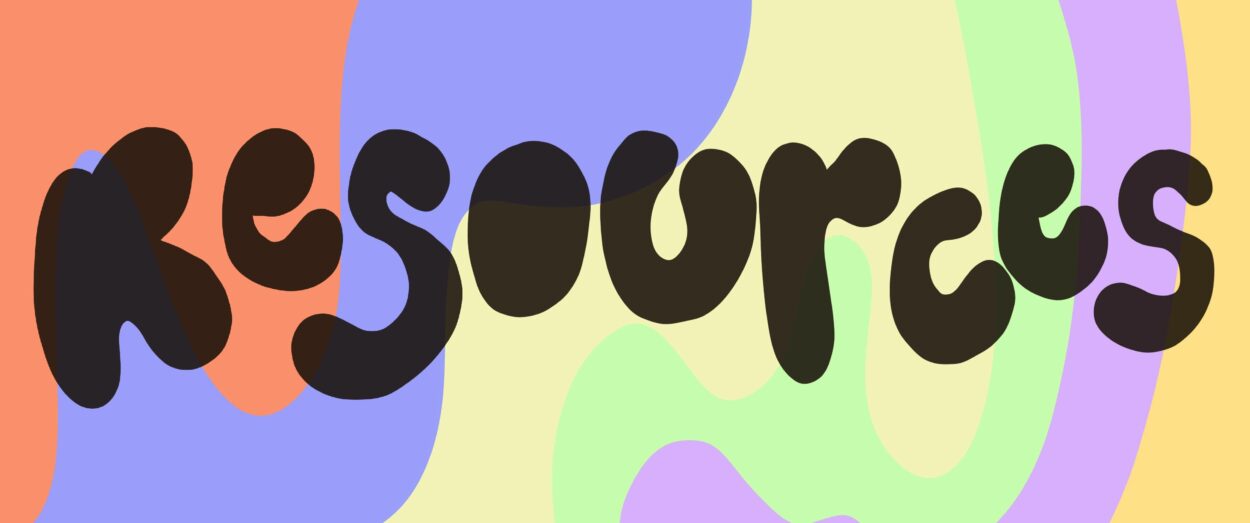
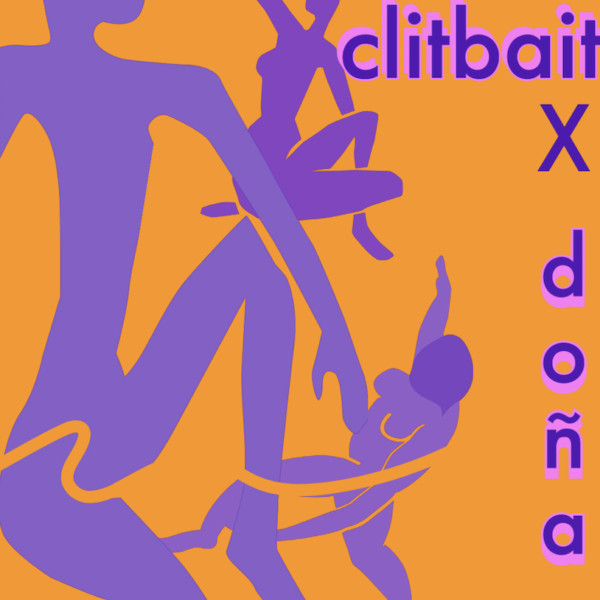
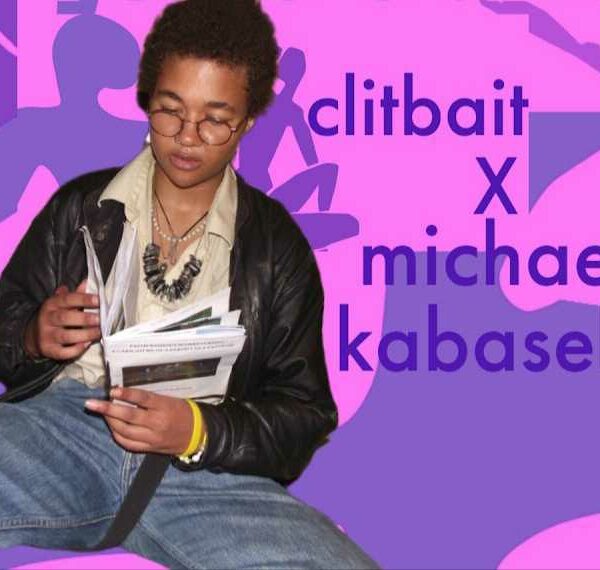
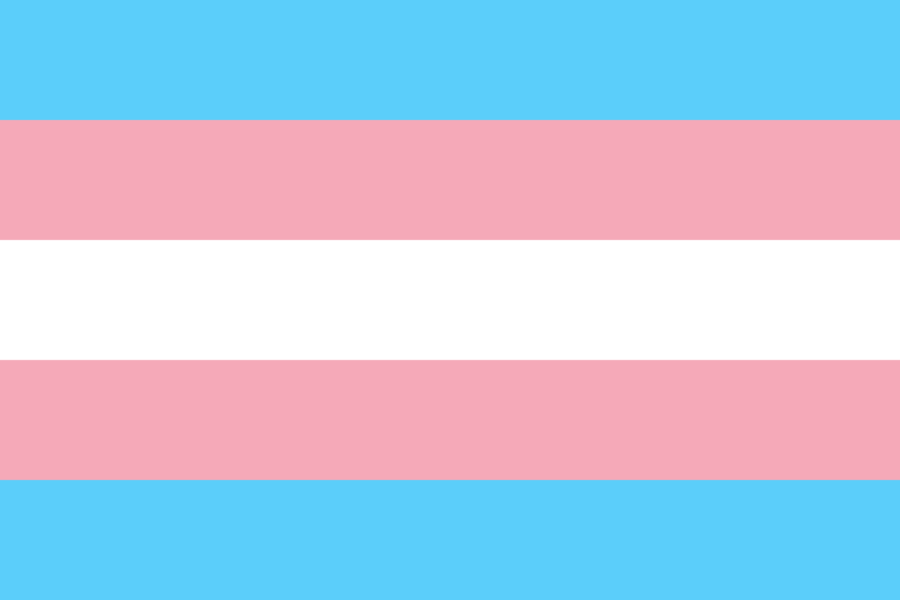
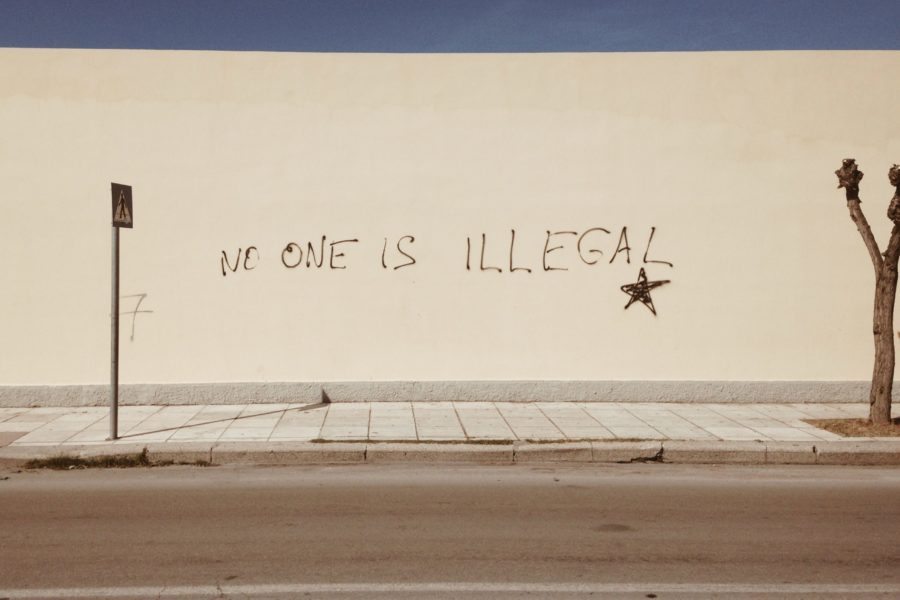
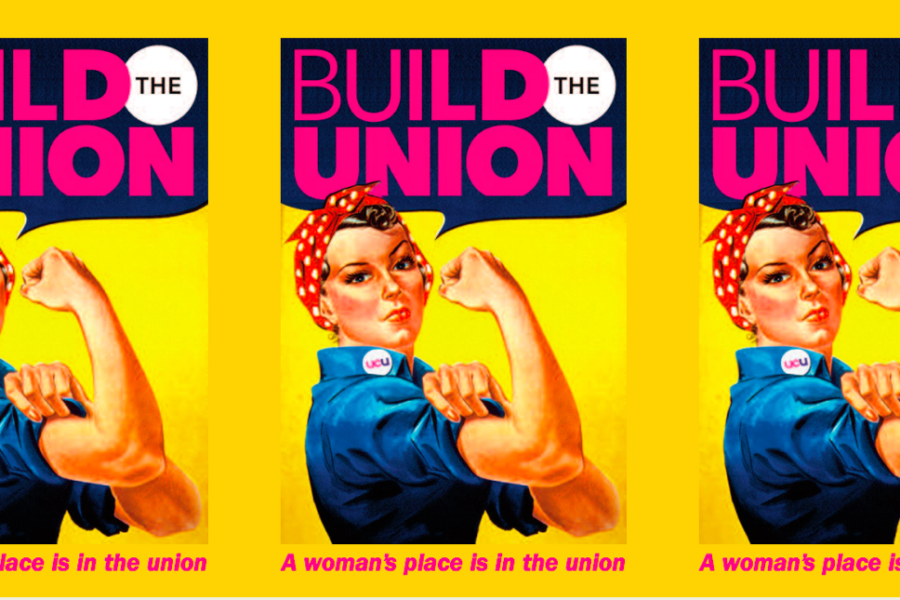
Leave a Comment